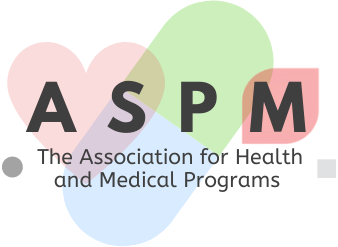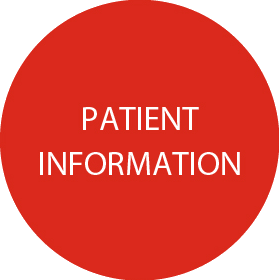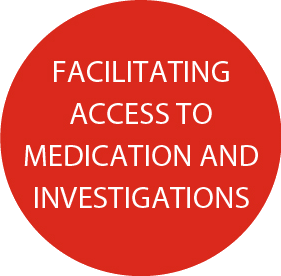
A PSP is defined as the totality of services intended for patients or their relatives that provide support for adherence to the treatment regimen recommended by the attending physician and the improvement of clinical outcomes.

When patients are not closely supported, they may discontinue treatment, skip treatment doses, or change their treatment regimen. Therefore, support programs help patients to help them achieve their therapeutic goals.
If the patient does not follow the therapy regimen or does not administer the treatment correctly, it will not be effective, which affects the patient, the clinical study or the post-marketing surveillance for companies.
The benefit of a support program is that patients are guided by dedicated specialized staff to ensure that they adhere to treatment and achieve their therapeutic goal, which in turn confirms the benefit of therapy.
The concept of adherence implies acceptance
(patient consent to follow medical recommendations), compliance and persistence on therapy.

Patient agreement
– given in the medical unit –
to follow the recommended therapy.
Patient capacity
to administer his medication
according to medical recommendations.
Time interval from initiation
therapy until its discontinuation.
There are a multitude of definitions of adherence in the literature.
WHO definition: The extent to which patient behavior (regarding the administration of treatment,
adherence to diet, lifestyle change, etc.) corresponds to the recommendations of a professional
in the field of health, recommendations agreed with it.



It starts with an understanding of patients’ perspectives on medications and reasons
for which they may not want to administer them or are unable to do so
to administer them or have difficulties in use.
The Association for Health and Medical Programs helps patients reach and maintain a high level
compliance and persistence on the therapy recommended by the attending physician,
giving them a better experience throughout their journey.

PSPs have the potential to
improve patient care
treated with complex medications.

Data from the literature of
specialty suggests a
positive impact of PSPs
on adherence to treatment
and on clinical outcomes.

PSPs improve
knowledge of patients
about disease and therapy.
Copyright © 2025 ASPM. All rights reserved.